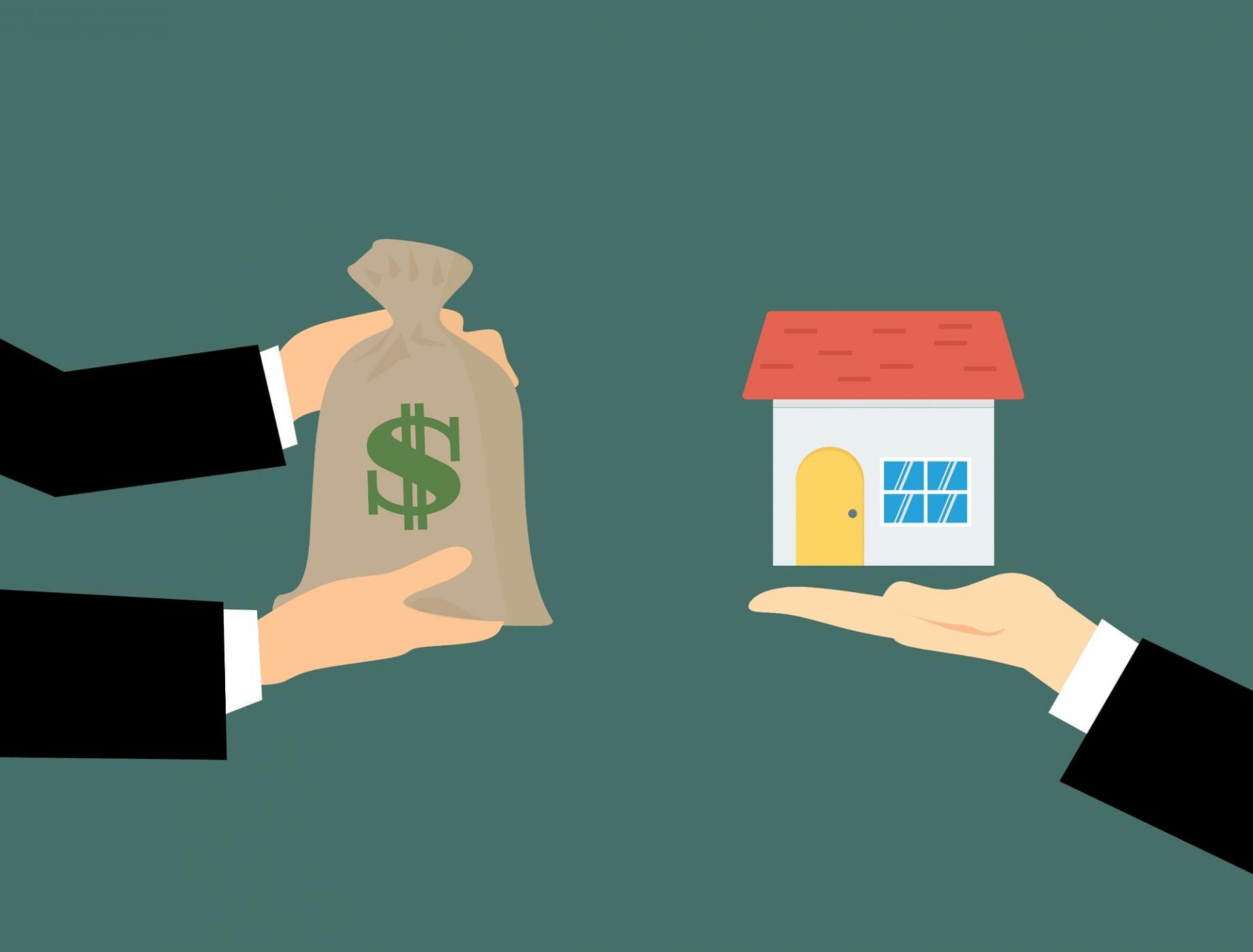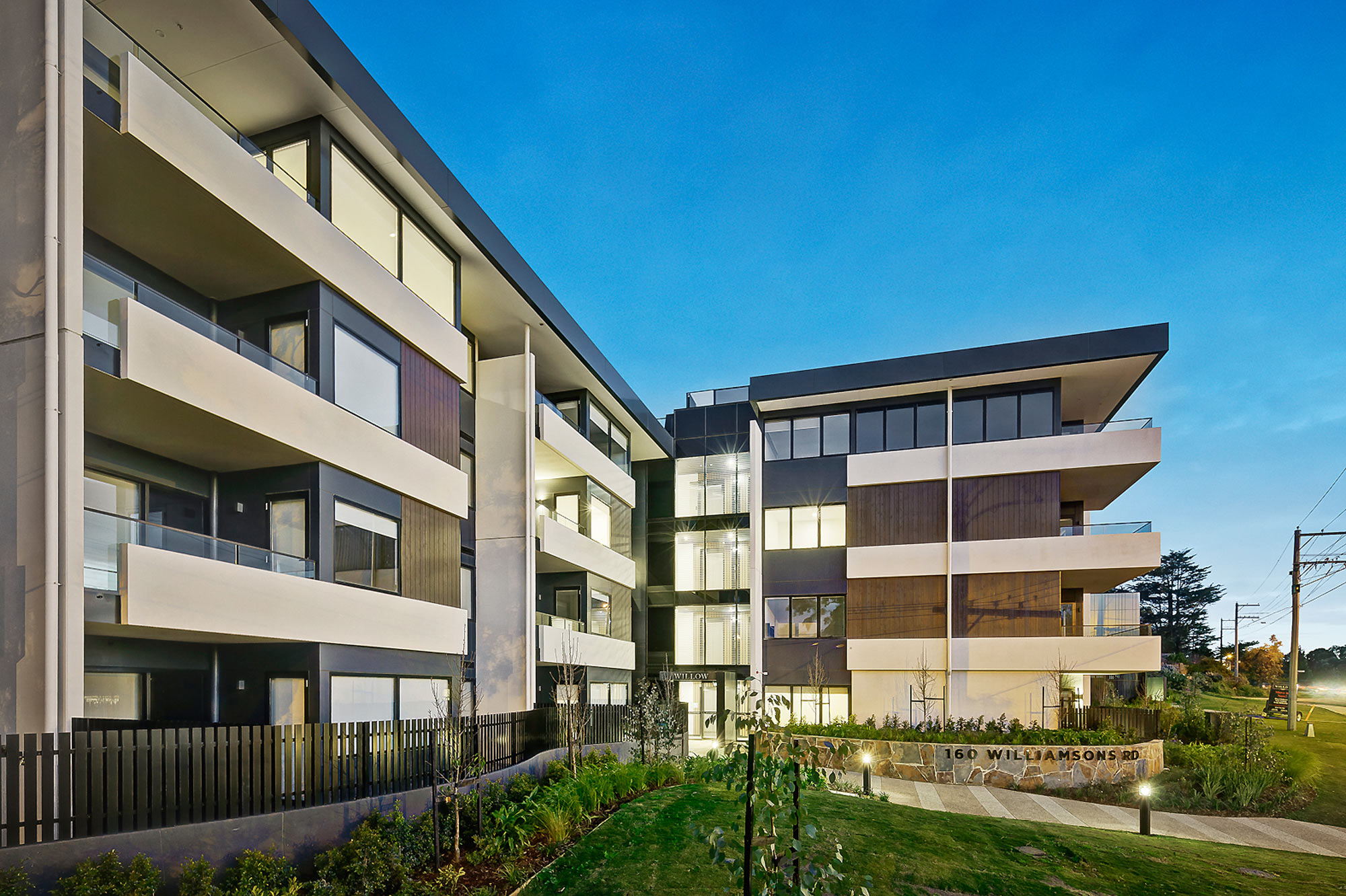Buying a Property
Process of Buying
Thinking of buying a home? Buying a home is a big decision, it can be tricky, confusing and at times cause major anxiety. However, with the right knowledge and preparation, buying your largest investment can be rewarding and exciting. There are different rules for homes bought at an auction or via private sale. This guide is to provide you with information and knowledge into the process of buying.
Research the Market
The first step of anyone looking to buy a home is to research the market. Where do you want to live? What kind of property are you looking for? What is the median price in the area? What is the maximum price you are willing to pay for the property? These are all questions you need to have an idea of. For example, if you are looking for standalone houses with a budget of $700k in the suburb of Camberwell, you are not likely to find one in the area.
There are many ways to educate yourself with the property market. One of it is to speak with a real estate agent. Real estate agents are in a position to provide you with insights into the property market and buyer’s activity. They are also aware of suburb conditions, properties going on to the market and properties that are being sold off-market. You can get in contact with our team at (link) should you need any advice.
You can also conduct research on properties by looking at current sales listing or sold listings on websites such as realestate.com.au or domain.com.au. This will provide you with a general idea of prices in the market. For example, if you are looking for a 2 bedroom apartment in Melbourne CBD, you can search for it on realestate.com.au. This will show you a list of 2 bedrooms apartment currently on sale and their prices.
Inspect the Property
Once you have a clear picture on the property you are looking for, it is time to shortlist some of the properties to inspect. Buying a property is a big investment, hence you need to inspect the property to ensure that it is what you are looking for. Some of the things to look out for are:
Is it near public transports, schools, shops and parks?
Are the homes in the area well maintained?
Are there any developments nearby?
Does the property need any renovations or repairs?
Are there any caveats on the property?
Making an Offer
If you have inspected a property, and decided that it is right for you, it is time to make an offer. Before making an offer, it is important to get your finances in order. You should have enough deposit on hand. The recommended deposit is 20% of the property’s value, but some banks will allow for a 10% deposit for a home loan. You should also have a pre-approval loan in place to be certain that you will qualify for a loan.
Next, you need to work out how much are you willing to offer. This will depend on the market conditions, competition from other people, and your own personal circumstances. If you did your research, you should know how much the property is worth and how much are you willing to buy it for. You should submit an offer to the agent, who in turn will present it to the vendor.
Talk to the sales agent and ask them if there have been any offers, and if they were rejected. It is a good idea to put in an offer slightly below the asking price, and negotiate upwards. Be careful on offering too low though, as the vendor may not take your offer seriously and straight up reject it.
Offer Accepted & Exchange of Contract
If your offer is accepted by the vendor, then you both are ready to move on to the next stage, which is the exchanging of contracts. It is important to note that neither you or the vendor is legally bound to proceed with the purchase until the contracts are signed and exchanged. This means that before the Contract of Sale is signed, the buyer or vendor can still pull out of the deal.
A Contract of Sale is a legal document that sets out the terms and conditions of the sale. This document should include the purchase price, settlement date, property title, and other terms or conditions related to the sale.
If you are buying a property for the first time, it is recommended that you engage with a solicitor or conveyancer so that everything can go through smoothly. They will go through and discuss the Contract of Sale with you, as well as ensure any relevant inspections or checks are carried out.
Once you are happy with the contract, and your finance are all sorted out, it is time to exchange contracts. There will be 2 copies of the contract, one for you and one for the vendor. You will both sign on the contract and exchange with the vendor. This is also the time where you need to pay the deposit. The contract will have a settlement date, which is the date the property becomes yours (usually 30-45 days).
Note: Depending on the contract, the buyer will usually have 5 business days of cooling off period. This is the period where you are allowed to withdraw from the sale with a forfeit fee (usually 0.25% of the purchase price). During this time, it is important to have written approval of your loan.
Settlement
As mentioned above, once the contract is signed, you will have 30-45 days to settlement. This period of time is important to get a few things organised. These includes:
Signing mortgage documents
Obtain relevant insurances
Obtain funds and pay stamp duty
Pay the balance of the purchase price
It is also advisable to do a pre-settlement inspection a week before the actual settlement date. This is to ensure that the property you purchase is in the same condition, or if any repairs or renovations as agreed on the contract is carried out.
On settlement day, you will provide the balance of the property purchase price in return for the title of ownership. You will then receive the keys to the property from the agent.
Congratulations! The home is now officially yours. Time to pop the champagne!

